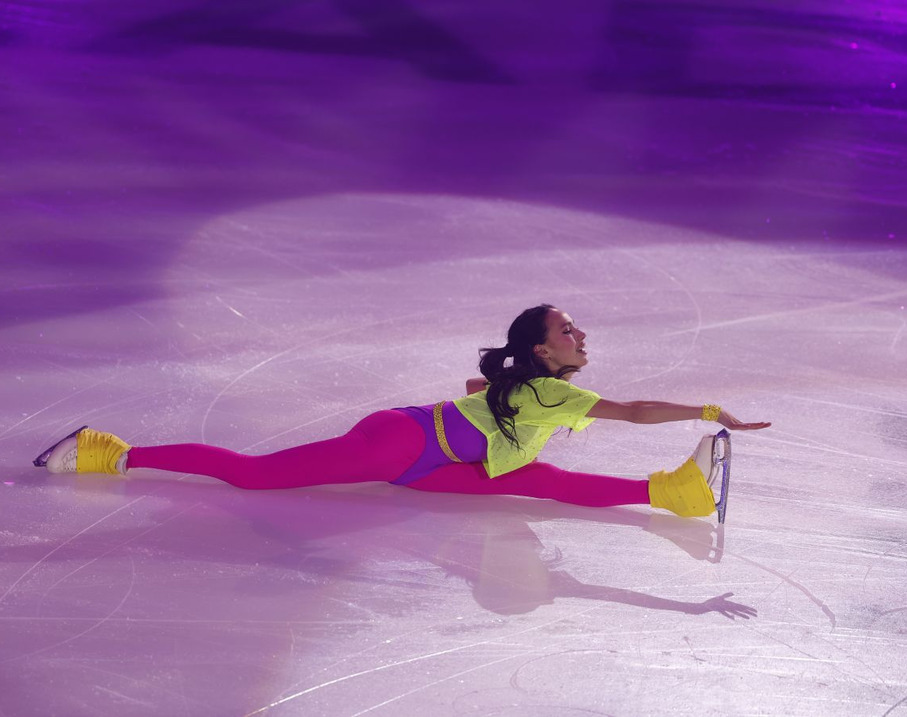
The words slithered out like smoke from a dying fire—raw, unfiltered, heavy with the weight of unspeakable acts. "We killed. We burned. We erased." This wasn't some Hollywood script, but the trembling confession of a 22-year-old Russian soldier, his voice cracking like thin ice over dark waters.
What makes this testimony different from the usual wartime noise? It's the eerie specificity—the way he describes villages vanishing like chalk drawings in the rain, the mechanical efficiency of destruction. These aren't the vague boasts of propaganda, but the sickening details only someone who'd stood in the ashes could know.
Military analysts compare the account to a bloodstained puzzle piece, slotting neatly into the broader picture of scorched-earth tactics. The timeline matches known operations from 2019, back when the world was still blinking at satellite images of suspiciously symmetrical burn patterns.
What chills most isn't the violence itself—history's pages drip with that—but the casual horror in his tone. The way he describes torching homes with the same emotional weight as discussing a grocery run. War doesn't just kill people; it kills empathy, cell by cell.
As this ghost story spreads through the digital ether, it raises uncomfortable questions: How many other young souls carry these blackened memories? And when the guns finally fall silent, who will teach them how to be human again?
















